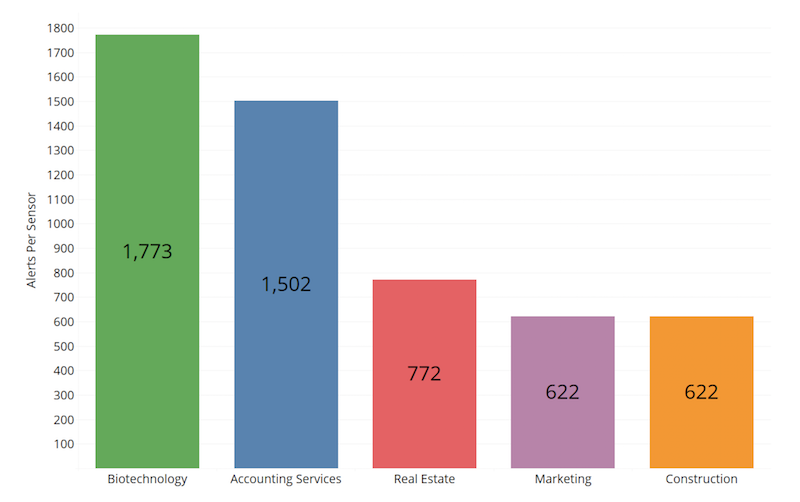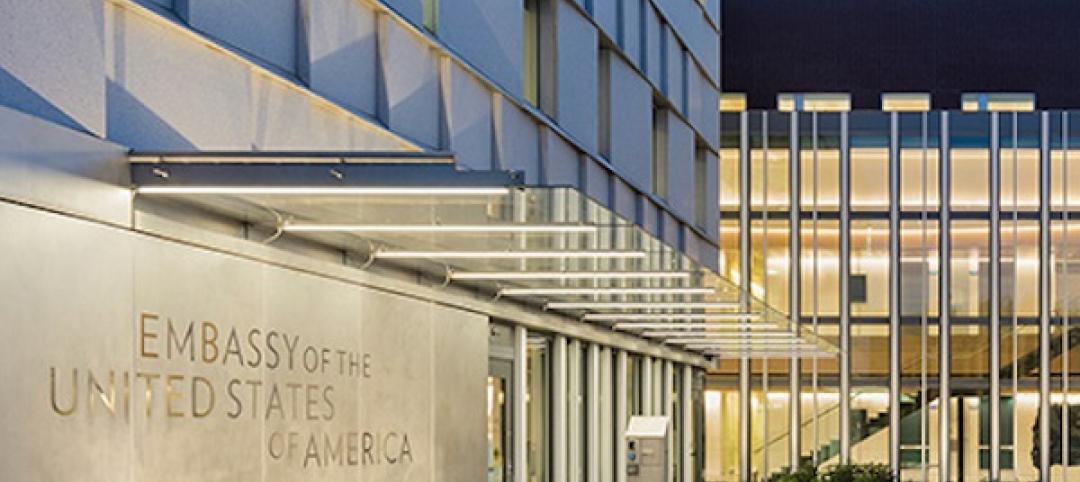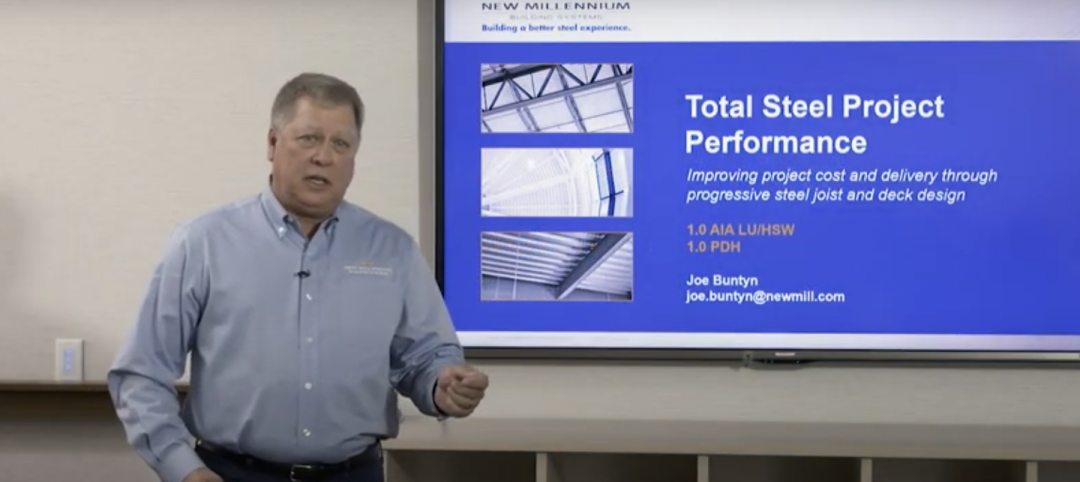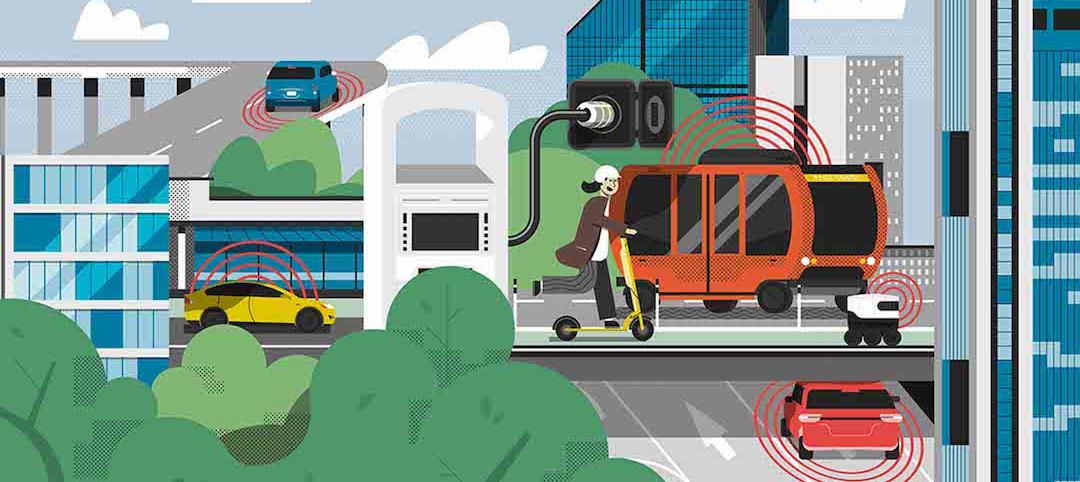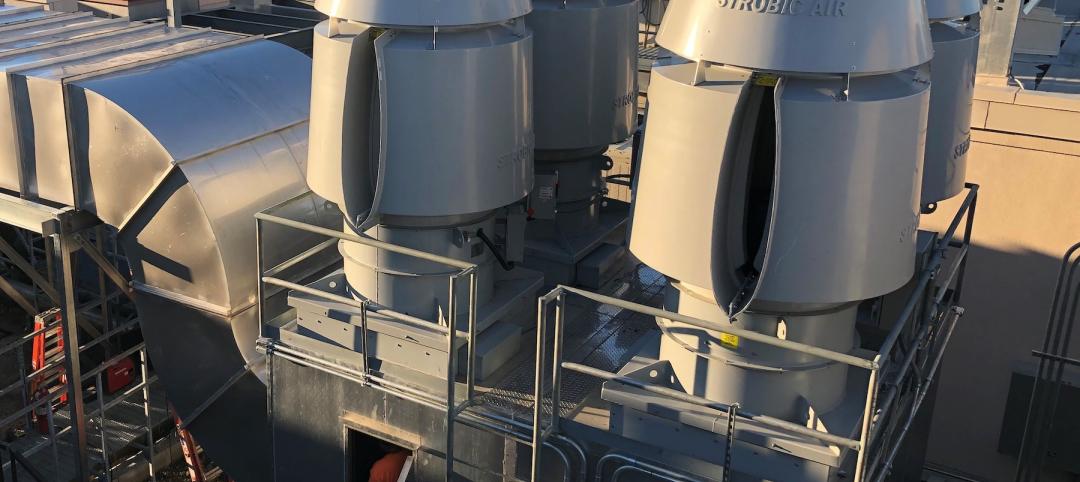Construction was among the top five business sectors targeted by cyberattacks in the second quarter of 2018, according to the latest “threat report” released earlier this month by eSentire, the largest pure-play managed detection and response service provider.
Based on intelligence gathered from more than 2,000 proprietary network and host-based detection sensors distributed globally in multiple industries, eSentire estimates that the number of attacks on Microsoft Internet Information Services (IIS) jumped to 1.7 million in the second quarter, from 2,000 in the first quarter. Most sources targeting IIS web servers originated from China-based IP addresses: according to Shodan, the global search engine for Internet-connected devices, there are 3.5 million IIS web servers exposed (with 1 million in China). The compromised servers largely originated from the Tencent and Alibaba sites.
eSentire observed IIS and WebLogic attacks originating from servers hosting Apache, RDP, SQL, IIS, and HTTP API services. Most of the records included known potential vulnerabilities based on server software version. Vulnerability records for attacking servers showed a steady increase. The majority of this growth appeared to come from Apache HTTP Servers, version 2.4.23. In the same period, records reporting vulnerabilities in IIS 7.5 and HTTP Server 2.4.10 appeared to diminish.
Four million potentially hostile events resulted in 57,000 alerts having been sent from eSentire’s SOC (Security Operations Center) between April 1 and June 30, 2018. Normalizing by sensor count, the top five affected industries were Biotechnology, Accounting Services, Real Estate, Marketing, and Construction. Regardless of industry, most attackers are probably looking to drive ad revenue or adopt compromised servers into their attack infrastructure, the report suggests.
The reason attacks continue, posits the report, is because most organizations have internal systems they hesitate to update for fear it will change or break something. These systems are sometimes accidentally exposed to background internet radiation which includes a firehose of exploits. Or, they are unaware that a patch is necessary or underestimate the gravity of failing to patch. This is an easily rectifiable problem that nevertheless lingers for many businesses.
There also was an increase, in general, in phishing attacks that used shipping invoice lures, despite an overall decline in the use of DocuSign—which facilities the exchanges of contracts and signed documents—as lures. Construction, Education, and Marketing experienced the largest amount of confirmed phishing attacks, with DocuSign dominating the lures observed; likely, these industries make frequent use of DocuSign in handling digital invoices and quotes due to remotely based business relationships and employees.
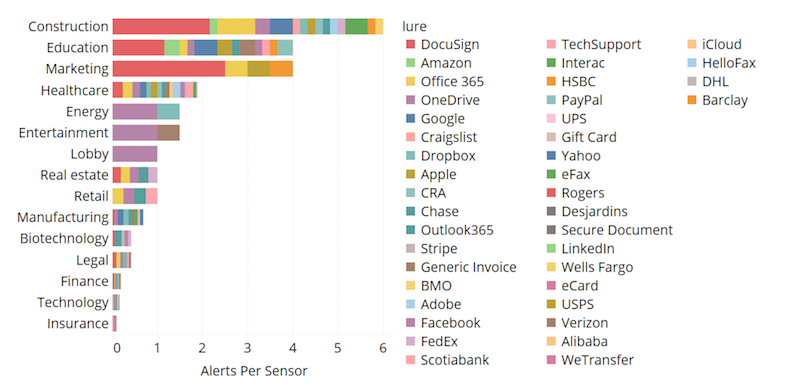
Construction was vulnerable to phishing attacks that used DocuSign as their primary lure. Image: eSentire
Real Estate experienced high volumes of D-Link home router exploit attempts. Marketing was subjected to a high volume of D-Link exploit attempts and a sizable degree of malicious PowerShell activity. And Construction experienced a large amount of Drupalgeddon2 attacks (the name given to an extremely critical vulnerability Drupal maintainers patched in late March).
PowerShell is a task-based command-line shell and scripting language built on .NET. PowerShell helps system administrators, and power-users can rapidly automate tasks that manage operating systems (Linux, macOS, and Windows) and processes. PowerShell commands let you manage computers from the command line.
In Q2 2018, the eSentire detection surface revealed that an obfuscated PowerShell realized an increase of 50% in commands, partly due to Emotet, a sophisticated malware.
Emotet, a four-year-old banking trojan, continues to evolve and emerge; antivirus solutions detected it, on average, only 22% of the time in the quarter. Emotet remains a popular choice for threat actors and was the most frequently observed malware due to numerous version updates and feature additions since it was first reported in 2014. Obfuscated malicious PowerShell commands increased 50% in Q2 2018.
Nearly half (49%) of Emotet samples included “invoice,” “payment,” or “account” in their file names. For Emotet’s competitor, Hancitor, fax documents were a popular lure (25%).
To protect against Emotet and to mitigate worming capabilities, Server Message Block Protocol (SMB) communications between systems in a network should be restricted via group policy settings or in the configuration of host-based Intrusion Prevention Systems (HIPS).
Malware, which is intended to damage or disable computers and systems, breaks down into four threat levels: malicious, suspicious, benign, and ambiguous (like false positives). Construction ranked fourth—behind Healthcare, Real Estate, and Marketing—for malware events (20 per sensor), and ranked second (after Accounting Services) for reputational blocks (about 5.25 alerts per sensor), which occur when known bad Internet Protocols (IPs) are detected trying to establish connections with monitored clients. Accounting Services and Construction are known to have large threat surfaces.
Some IPs only attempted an IIS or WebLogic exploit, while other IPs attempted both. The IPs attempting IIS and WebLogic persisted throughout the quarter, said eSentire, but those tended to rise with the emergence of other potential campaigns, indicating some threat actors may have an array of botnets in different configurations.
Related Stories
Sponsored | Resiliency | Jan 24, 2022
Blast Hazard Mitigation: Building Openings for Greater Safety and Security
Coronavirus | Jan 20, 2022
Advances and challenges in improving indoor air quality in commercial buildings
Michael Dreidger, CEO of IAQ tech startup Airsset speaks with BD+C's John Caulfield about how building owners and property managers can improve their buildings' air quality.
3D Printing | Jan 12, 2022
Using 3D-printed molds to create unitized window forms
COOKFOX designer Pam Campbell and Gate Precast's Mo Wright discuss the use of 3D-printed molds from Oak Ridge National Lab to create unitized window panels for One South First, a residential-commercial high-rise in Brooklyn, N.Y.
Sponsored | BD+C University Course | Jan 12, 2022
Total steel project performance
This instructor-led video course discusses actual project scenarios where collaborative steel joist and deck design have reduced total-project costs. In an era when incomplete structural drawings are a growing concern for our industry, the course reveals hidden costs and risks that can be avoided.
Architects | Dec 20, 2021
Digital nomads are influencing design
As our spaces continue to adapt to our future needs, we’ll likely see more collaborative, communal zones where people can relax, shop, and work.
Urban Planning | Dec 15, 2021
EV is the bridge to transit’s AV revolution—and now is the time to start building it
Thinking holistically about a technology-enabled customer experience will make transit a mode of choice for more people.
Healthcare Facilities | Dec 15, 2021
MEP design considerations for rural hospitals
Rural hospitals present unique opportunities and challenges for healthcare facility operators. Oftentimes, the infrastructure and building systems have not been updated for years and require significant improvements in order to meet today’s modern medical demands. Additionally, as these smaller, more remote hospitals are acquired by larger regional and national healthcare systems, the first step by new ownership is often to update and rehabilitate the building. But how can this be done thoughtfully, economically, and efficiently in ways that allow the engineering and facility staff to adapt to the changes? And how can the updates accurately reflect the specific needs of rural communities and the afflictions with which these areas most commonly face?
Sponsored | BD+C University Course | Oct 15, 2021
7 game-changing trends in structural engineering
Here are seven key areas where innovation in structural engineering is driving evolution.
Sponsored | Glass and Glazing | Oct 1, 2021
Seizing the Daylight with BIPV Glass
Glass has always been an idea generator. Now, it’s also a clean energy generator.
Glass and Glazing | Sep 30, 2021
Plans move forward on Central Place Sydney, duel towers with an AI-driven façade system
SOM and Fender Katsalidis are designing the project.


